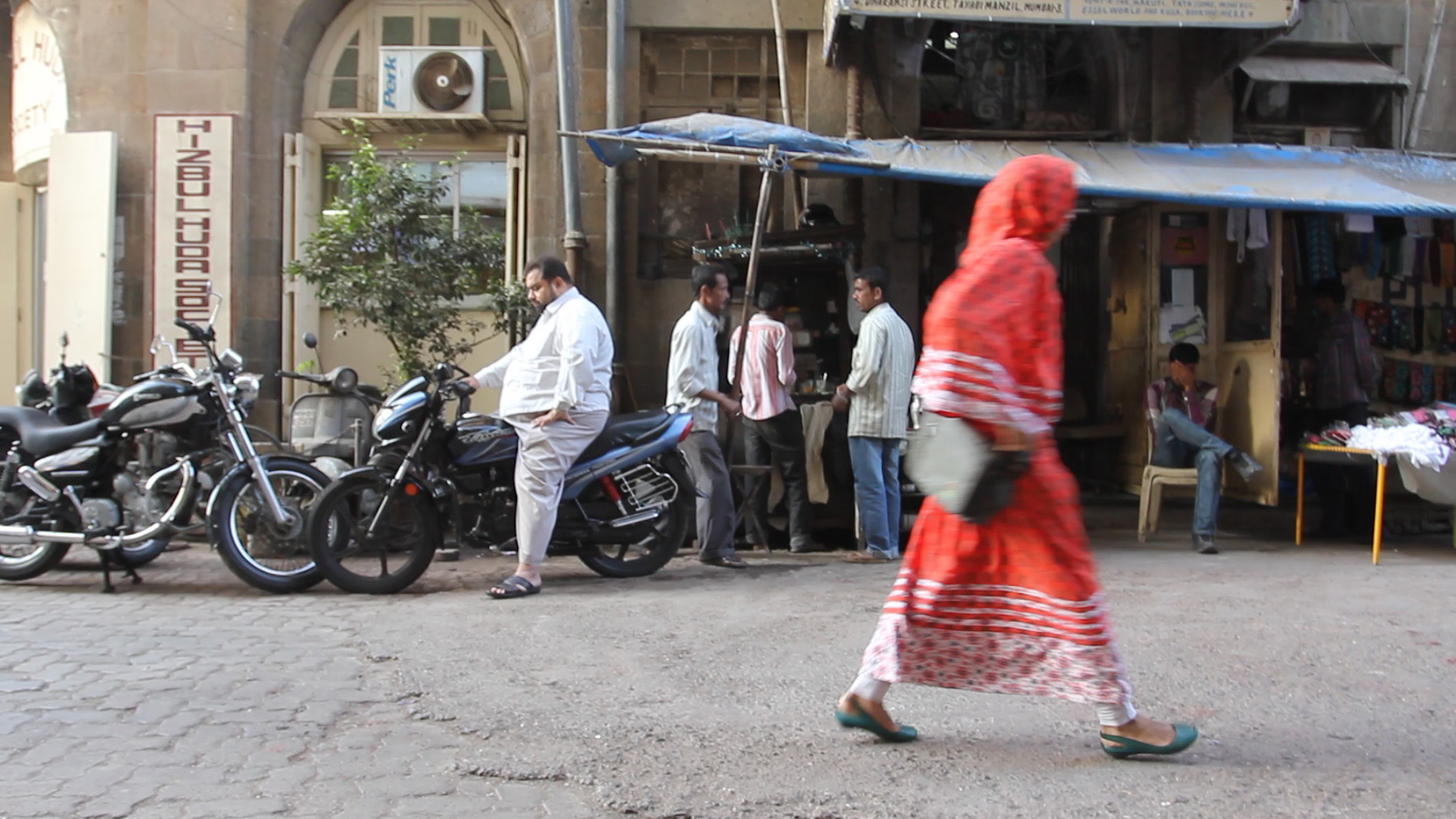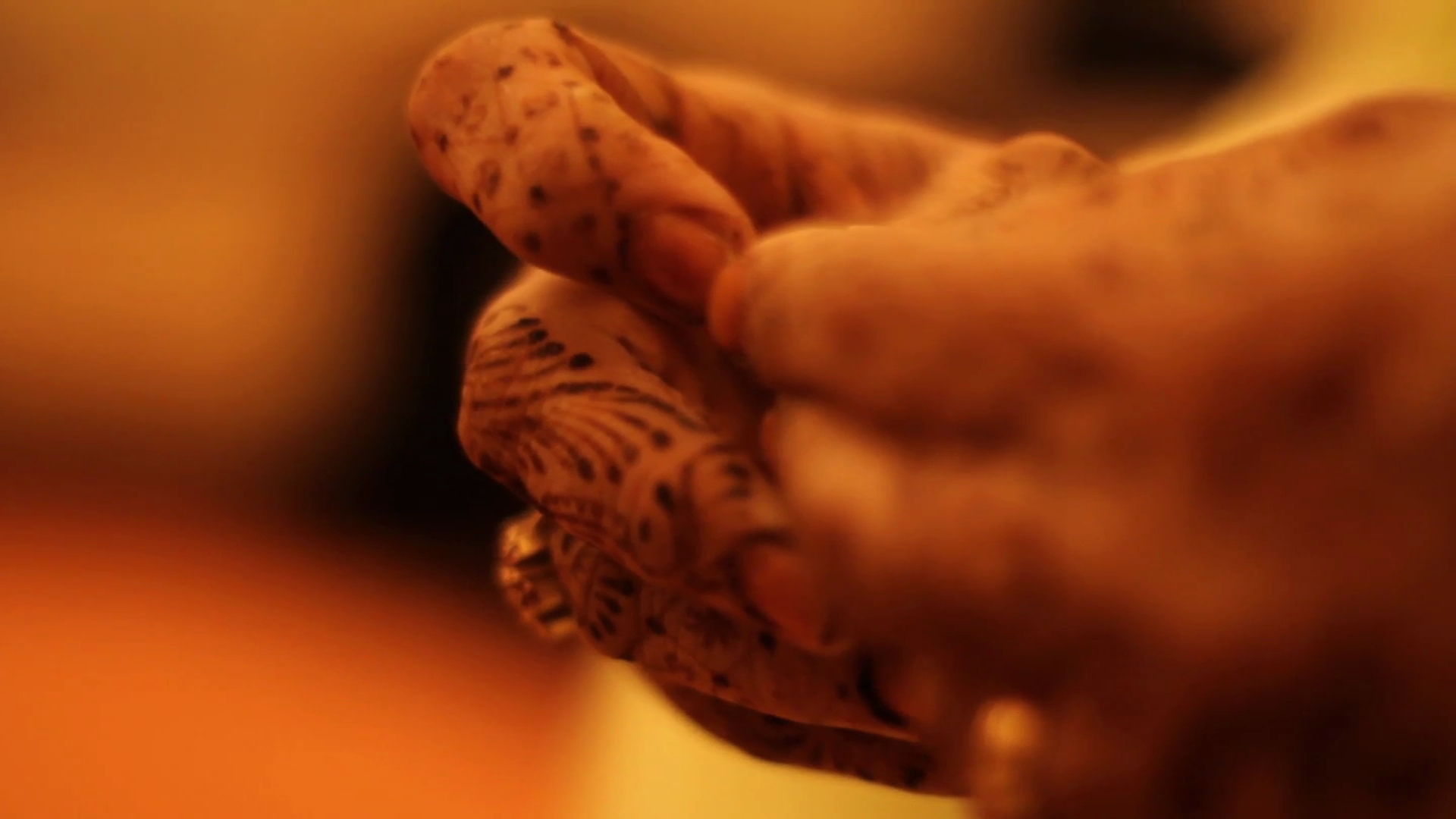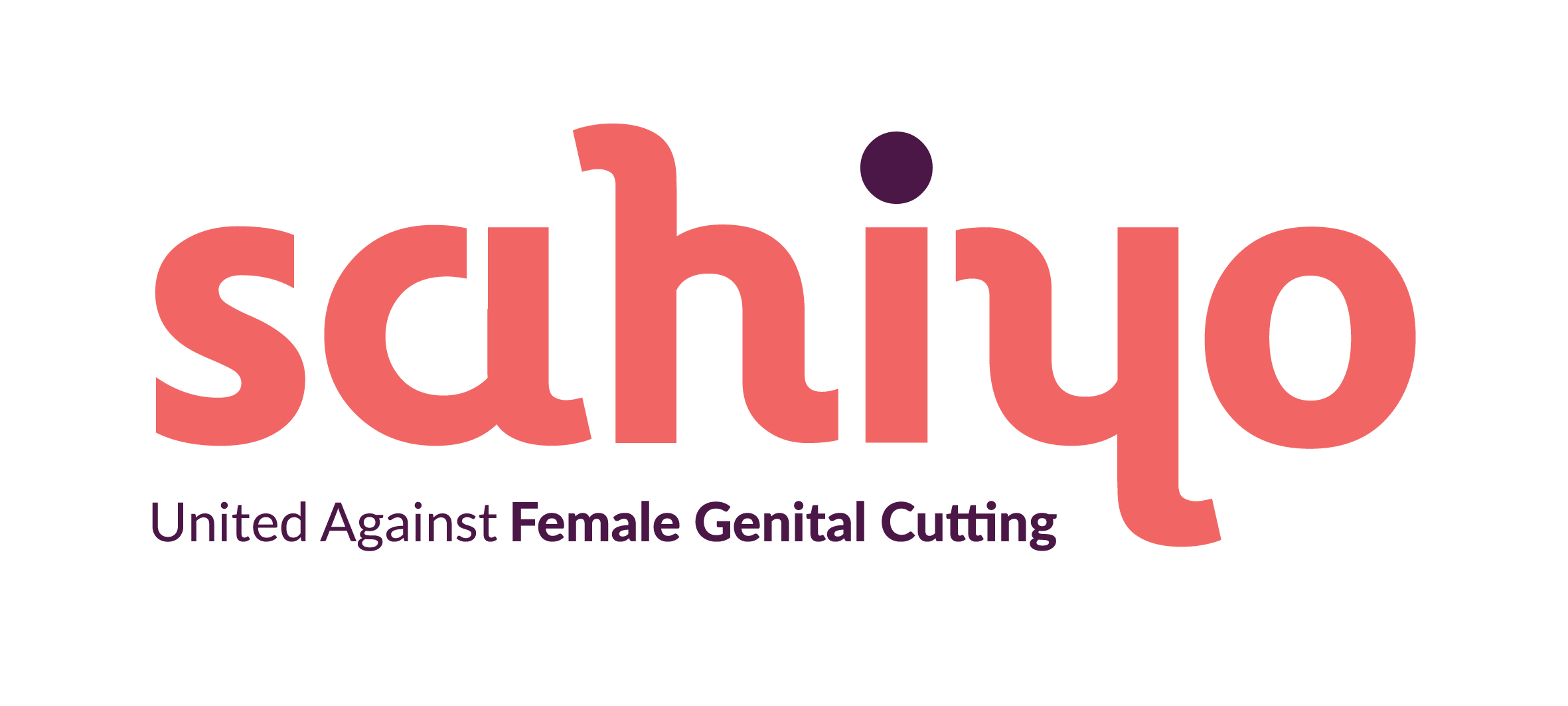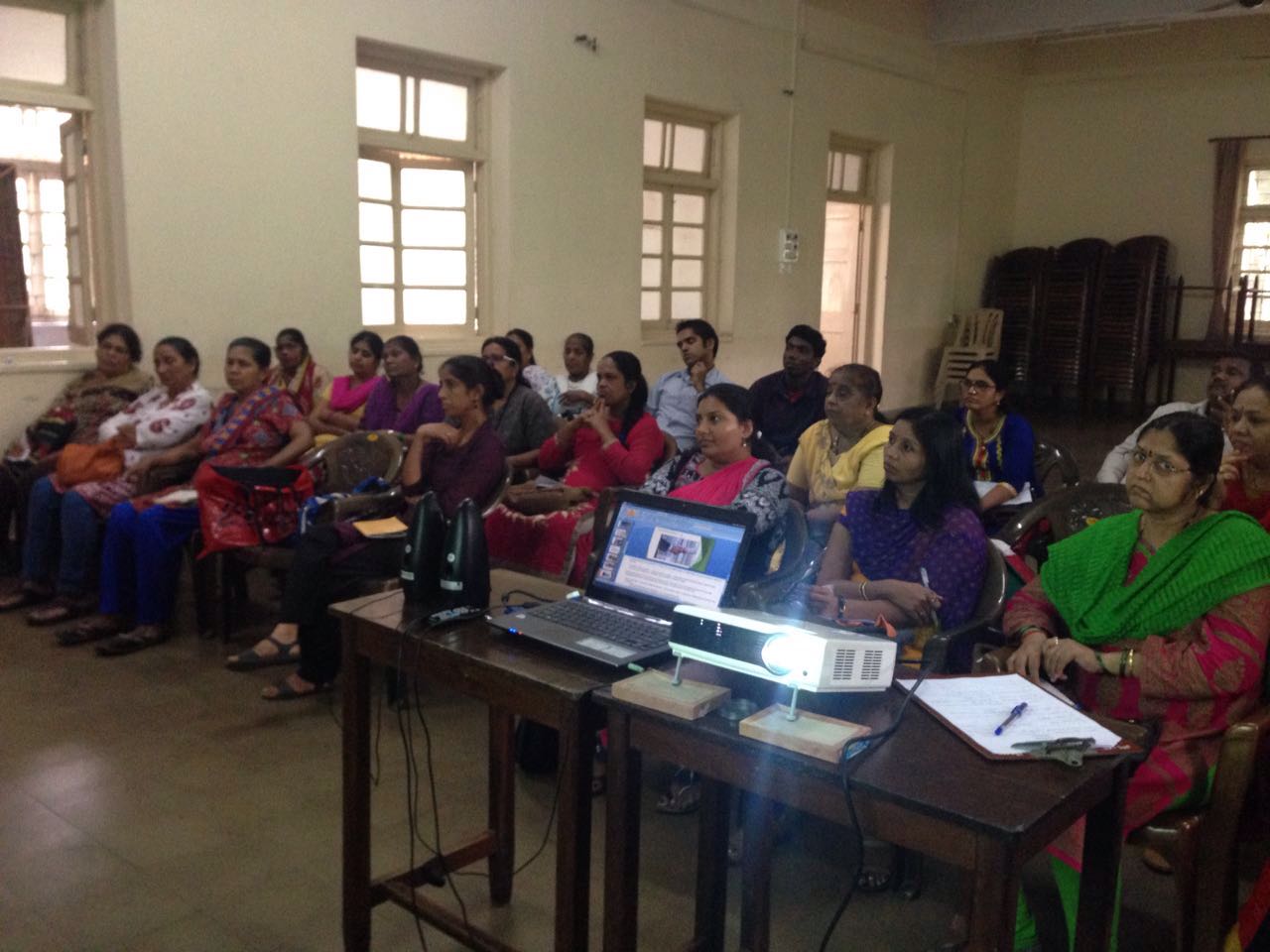(This article was originally published in English on November 5, 2016. Read the English version here.)
उम्र: 64
देश: संयुक्त राज्य अमेरिका
महिला जननांग विकृति या FGM के खिलाफ खड़े होने का समय आ गया है। यह लंबे समय से बाकी है। यह तब भी सही नहीं था जब मेरी माँ इससे गुज़री, यह तब भी सही नहीं था जब मैं इससे गुज़री और यह तब भी सही नहीं था जब मैंने अपनी बेटी के साथ यह होने दिया (मेरे माता-पिता के दबाव में)।
जिस दिन भारत में मेरे साथ एफजीएम किया गया था, मुझे उस दिन की याद है। मैं लगभग छह या सात साल की थी। मेरे भाई, जो मुझसे उम्र में बड़ा था, उसको एक दोस्त के घर पर खेलने के लिए दूर भेज दिया गया था एक महिला, जिसे मैंने पहले कभी नहीं देखा था, वह आयी और मुझे मेरे माता-पिता के बेडरूम में ले जाया गया जहां एफजीएम किया गया था।
मुझे लगता है कि उस घटना और उस दिन की असहज स्मृति को मैंने दबा दिया है – बस उस महिला और मुझे नीचे लिटाए रखने वाली मेरी माँ की तस्वीर को छोड़कर। मुझे याद नहीं है कि खतना के पीछे का कौनसा कारण मुझे बताया गया था। लेकिन मुझे याद है कि मेरी अनुमति के बिना मेरे शरीर के सबसे गुप्त अंग के साथ जो किया गया था, उससे मैं बहुत नाराज़ थी। यह मेरे जिस्म पर अतिक्रमण था। सबसे अधिक, मुझे इस बात पर नाराजगी है कि जिस व्यक्ति पर मैंने उस छोटी उम्र में जीवन में सबसे अधिक भरोसा किया था, उनहोंने मेरे साथ ऐसा होने दिया। हो सकता है, इसीलिए, मेरा एक हिस्सा है जो मेरी माँ को माफ नहीं कर सकता है और मुझे आश्चर्य है कि मेरी बेटी ने मुझे उसी काम को करने के लिए माफ कर दिया है।
एफजीएम को सही दिखाने के लिए इसे धर्म के लिबास में ढका जा रहा है। पर जल्द ही साहियो जैसे संगठन इस क्रूर प्रथा को बंद कर देंगे। जब तक सैयदना एफजीएम की निंदा नहीं करते हैं, और अपनी बात अमल नहीं करते हैं, तब तक मुझे खुद को दाउदी बोहरा कहने में शर्म आएगी।




